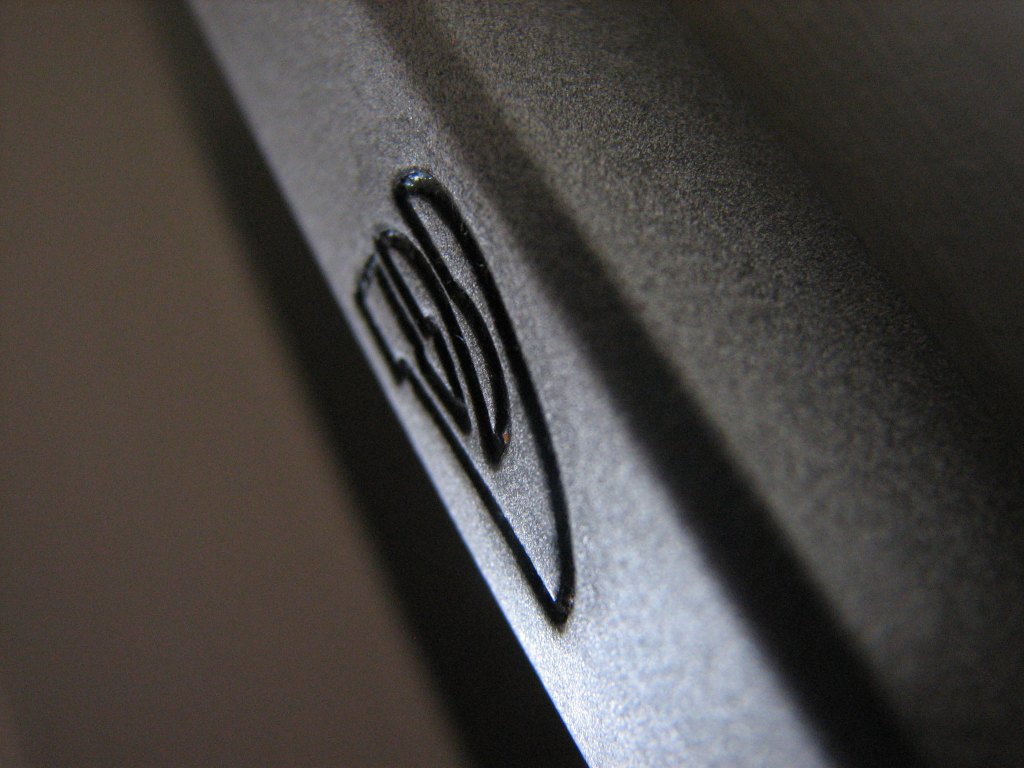It was about a month ago that a friend I hadn’t talked to in years messaged me out of the blue. He had found an old mezuzah scroll necklace that his grandfather had given him for his bar mitzvah, and he wanted to know what the word carved into it meant.
In his own research my friend had found translations of “advisor” and “con-man” which made him worry about the reputability of his grandfather. It was at that point I reassured him the word was one of the names of God, ש-ד-י (which I will write as Shakai from here on out as respect for this Name, but would actually be pronounced Sha-dai.) I then told him Shakai is usually translated as “The Almighty” but really means “He who is Enough.” To which my friend responded, “oh like dayenu.”
I had never considered the connection, but my friend was exactly correct. The Passover slogan dayenu, meaning it would have sufficed us, shares exactly the same sentiment as this name of God. But that left me with a question… what is the name Shakai doing on our mezuzahs? What does “being enough” have to do with the entrances to our homes? So I did some research and found some even more interesting connections.
On the Boundary of Chaos
Shakai comes into play particularly when concerning the act of creation. God, an infinite and purely spiritual being, created a finite and physical world. It is when He decided that the physical plane of existence ended, when it became finite, that He said “this is enough.” God created a boundary to physical existence. The limitless became limited.
Boundaries are interesting. A basketball game isn’t a sport unless you have rules. If you assign a teenager a research project and tell them “you can write about anything you want,” they’ll probably procrastinate forever and write about something mundane. But when you tell them they have to write about a certain subject, they will choose a topic that is outside the bounds of the topic while cleverly still fulfilling the requirements of the directions. And some of the most brilliant filmmaking techniques have been created when the technology available couldn’t show what the director wanted to depict. When you put limitations on something, it can test and eventually master those limitations. Another way of looking at it is that boundaries make order from chaos.
Judaism associates borders with circles. Orbits that planetary bodies follow are circular paths. The ripples of water expanding outward are circular. And a bride encircles her groom seven times at a wedding, symbolically creating a boundary. Interestingly enough, the mathematical construct π which is instrumental to determining the diameter and circumference of a circle is equivalent to 3.14 (plus a little more). The gematria (numerical value) of God’s name ש-ד-י is 314.
The Writing on the Wall
So if we understand the importance of boundaries, how does that connect to our mezuzah scrolls? The mezuzah is a reminder to keep the Shema in mind when we transition from one space to another. But it is also a designation of a boundary. Our homes are one of the few places we have some modicum of control to establish and maintain order.

Out in the world the ability to keep order gets greatly diminished. I mean, everyday people drive right through the stop sign outside my apartment. No matter how many times I yell at them, I’m not going to be able to change that. In the home, maintaining that order may seem like a losing battle if you have a roommate, spouse, or (Heaven help you) kids. But you have to remember you are building a home, so building that order is part of the work of a head of a household. As you build that order, or shalom, in the home, perhaps that will affect the more immediate community.
Circle and Square
Orderly circles are found in nature. But shapes like squares and cubes aren’t. Those are made by humanity. Interestingly enough, another place we find ש-ד-י is on a pair of tefillin. Tefillin are leather boxes that must be perfectly square otherwise they aren’t kosher. But because they are manmade in partnership with God, they are a Jew’s way to transcend the natural world. And so similarly where the name Shakai helps us leave the boundaries of our residence on a mezuzah, tefillin help us leave the boundaries of our mundane lives to connect with the spiritual.
When Enough is Enough
Pirkei Avos 4:1 asks, “Who is rich? He who is happy with his lot.” In Hebrew it’s samayach b’chelko. The consumer driven economy we live in trains us to want more and more. Our super computer smart phones become outdated in mere months and are almost useless after two years. Just one of the video streaming services offer literally endless content, yet many of us are subscribed to two, three, or even more. For some, accumulation of goods not only is a way of life, it is both the shame and their purpose. Just go on to Youtube and search for hoarders. But when we decide that what we have is all we need, it allows us to enjoy what we have and gratitude for them.
Just this week, the nation of Ukraine was traumatized with an invasion. Hundreds of families had to pack suitcases, get in their cars, and leave behind every material thing they invested their time, work, and money into. In an instant, the boundaries that ordered their lives vanished. Hopefully, we can learn to appreciate what is essentially enough without having to suffer the threat of such chaos and loss.




